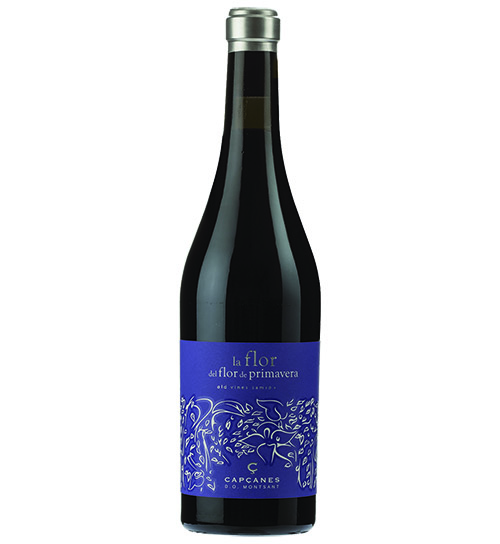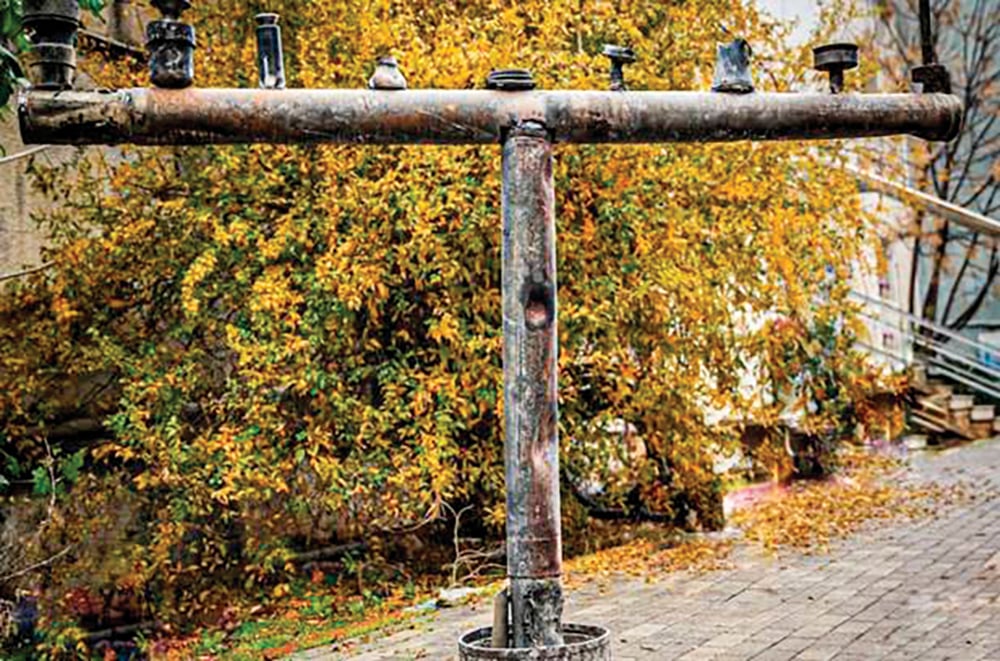







People often ask me how they can develop a better appreciation for wine and how I can describe wines in such a variety of aromas and flavors. My answer is always the same, and it is simple: taste as many wines as you can and as often as possible. Like most things in life, when one practices and repeats the art of wine tasting, paying attention to what a wine looks, smells, and tastes like, one slowly and progressively becomes better at discerning the nuances that vary between each wine.
Being a wine industry professional, I have to taste a lot of wine all the time. There are always new wines coming to the market, but also new vintages, each slightly different from the next. While I usually taste several wines a week, the lack of social events over the past eight months had me tasting a different wine almost daily. I realize this is not a possibility for most people. However, Chanukah is coming, and it’s a wonderful opportunity (and excuse!) to try perhaps a new wine every night while contemplating the menorah.
The events of the past several months have all reminded us again how Hashem and only Hashem is in charge. Most life matters are not in our control, except for the personal and communal choices that we make. Like the Maccabim 2,000 years ago and Am Yisrael throughout history, we need to pray for miracles for ourselves, and for the world.
The Torah guides our every action from the moment we wake up in the morning to the moment we fall asleep at night. The production and consumption of kosher wine are no exception. Tasting wine professionally also allows for better acknowledgment and gratitude to God for his infinite kindness. When one takes the time to look at the appearance of wine in the glass, to the aroma, texture and taste of wine, one can see how Hashem has thoughtfully created a world designed down to the tiniest details, and how beautiful it is.
That is true, of course, with everything else. When we are thirsty and drink a glass of water, isn’t it amazing how we immediately feel refreshed? Making the bracha before and after is a formal way of recognizing this chesed. The bracha on wine, topped with kiddush on Shabbat and Yom Tov, should also remind us to appreciate and acknowledge all the good that Hashem does for us.
Unlike water, wine is a far more complex beverage. Each grape variety, where it was grown, when it was harvested, yields a wine with unique subtleties and nuances. Moreover, those nuances change and evolve as the wine ages in the bottle. A robust Cabernet Sauvignon from Paso Robles in California, such as the Weinstock Cellar Select 2018, will have a more fruit-forward profile than a more restrained, tannic and earthy Cabernet Sauvignon-based blend from Bordeaux such as Pavillon de Léoville Poyferré Saint Julien 2018.
Take, for instance, the Herzog Special Reserve Albariño 2018 from Edna Valley in California, and compare it with the Ramon Cardova Albariño 2018 from Rías Baixas in Spain. The first is rounder with apple and stone fruit notes. The second is more acidic and mineral, with iodine notes (think of the last time you walked along the sea or the ocean) and aromas of lime and fresh herbs.
The Segal Syrah Whole Cluster 2018 is a brand new wine from Israel, produced with an ancient method keeping the grape clusters whole for the fermentation process. The result is a wine that is not overly fruity and shows lots of character and elegance; it is not an “in-your-face” wine. Razi’el is a new Israeli winery owned and operated by the same Ben Zaken family from Domaine du Castel winery. Their first release is a Syrah-Carignan blend 2018 that pays tribute to the expressive, exuberant wines from the Rhône and Languedoc regions in France. It gives a nice contrast to the Segal.
The Capçanes Flor de Flor Samso 2016 showcases very well the rustic, hearty and bold characteristics of the ancient Carignan vines (Samso is the Catalan name for Carignan), perched on rocky hills in the Spanish mountains of Monstant. On the other hand, the Vitkin Carignan 2016 demonstrates the variety’s red fruit and herbaceous features with more finesse. Taste these wines (or any other wines) back- to-back each and every night of Chanukah this year, and try to be more mindful of how you perceive their aroma and flavors as you sip. Chanukah Sameach!
Gabriel Geller is a wine consultant for Royal Wines.









